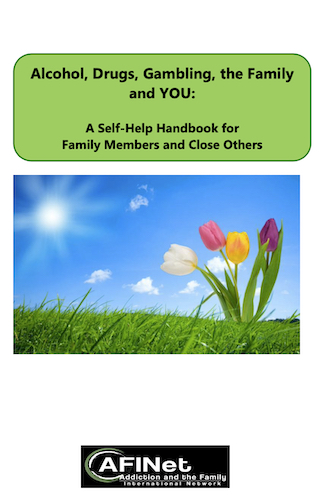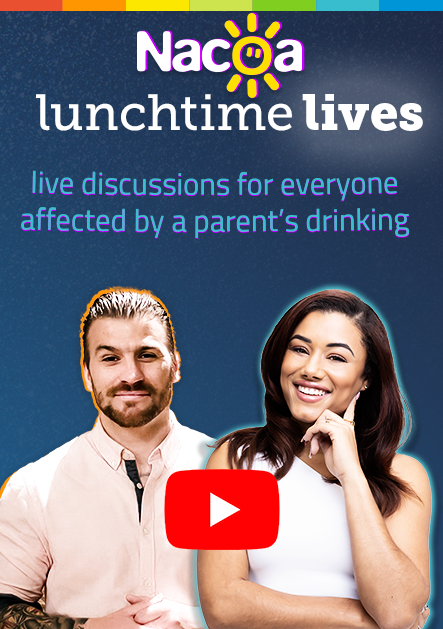

Coping with the death of a parent who had an alcohol problem
The death of a parent is one of the hardest things you’re likely to experience. For those whose parents had problems with alcohol or other addictions, it can be even more difficult.
You may not even know what to say about how your parent died. Perhaps you didn’t have contact with them, or your relationship was complicated.
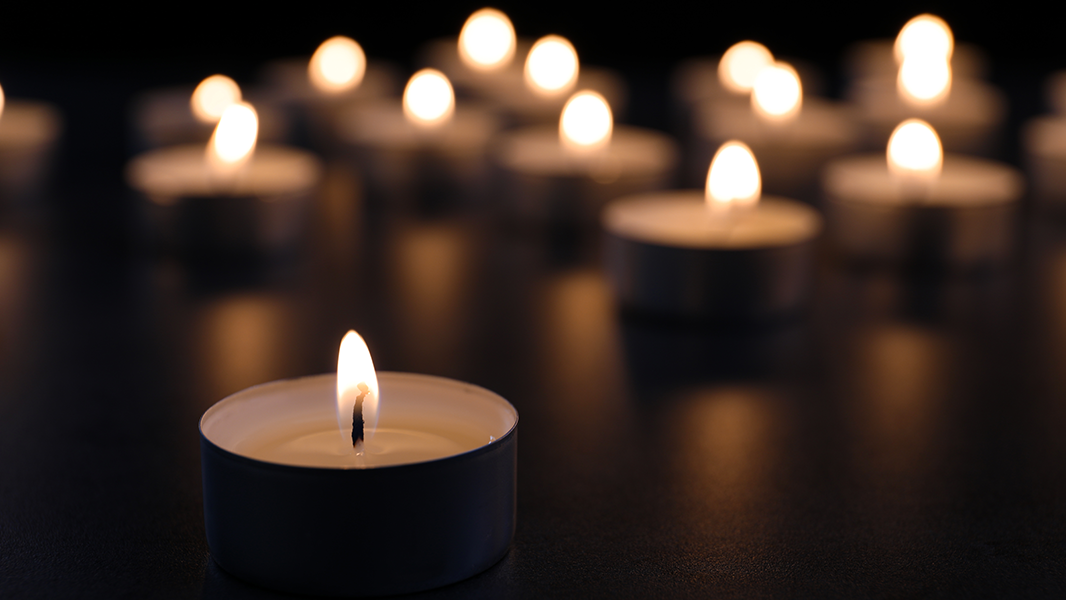
How are you feeling?
Grief is a normal response to bereavement. You might feel:
- sad, angry, scared, embarrassed, irritable, lonely, or numb
- confused and have lots of unanswered questions
- relieved but then guilty for having these thoughts
- you don’t want to be alone or you don’t want to be with others
- have difficulties sleeping, eating and concentrating
“When he died I didn’t know whether to cry or to be angry. I felt so guilty because in a way I had given up on him.”
Karen
Things to remember
- It is not your fault. You were not responsible for your parent’s drinking, nor their death.
- Alcohol problems are like an illness where the person has lost control over their drinking. They continue to drink even when it is affecting their lives, their health and people around them.
- It is OK to talk. Alcohol problems can become the family secret. The family rules don’t talk, don’t trust, don’t feel develop to keep the problem hidden from the outside world.
- It can be hard to go against these rules, even after someone dies. Talking about your feelings is not betraying their memory and can help you feel better.
- You are not alone. Whether your parent died directly from their drinking, from other health problems, suicide, or something else, we are here to listen. You can talk to Nacoa no matter how long it’s been since your parent died.
“My counsellor has termed my grieving process as ‘complex grief’ due to the large variety of emotions that a child of an alcoholic parent experiences.”
Hattie
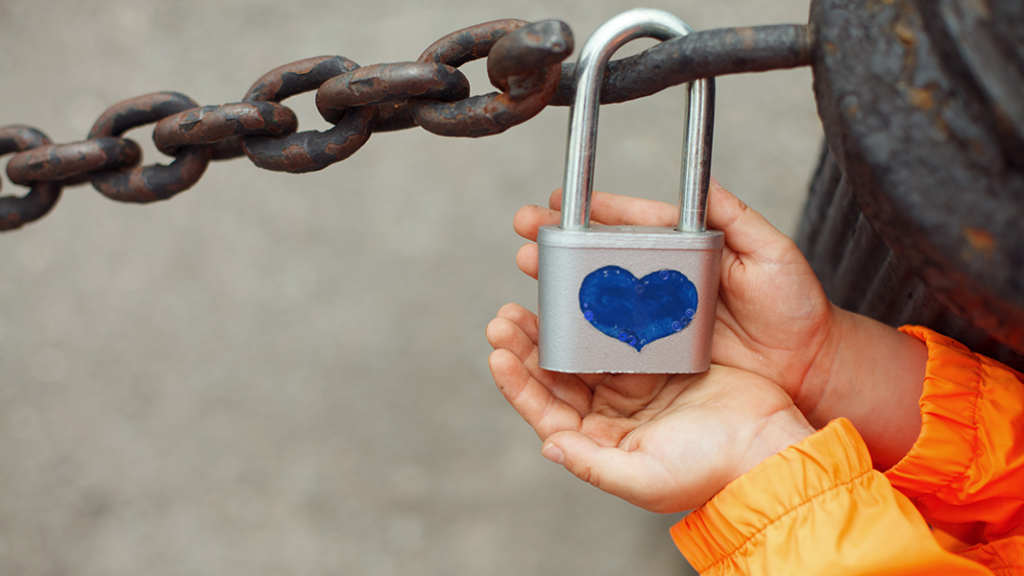
Ways to feel better
Let yourself feel and express feelings
It is OK to feel however you are feeling. Feelings come and go. Strong feelings can be uncomfortable.
However, letting yourself feel them, with the support of people you trust, can help you heal.
Here are some ideas to let your feelings out:
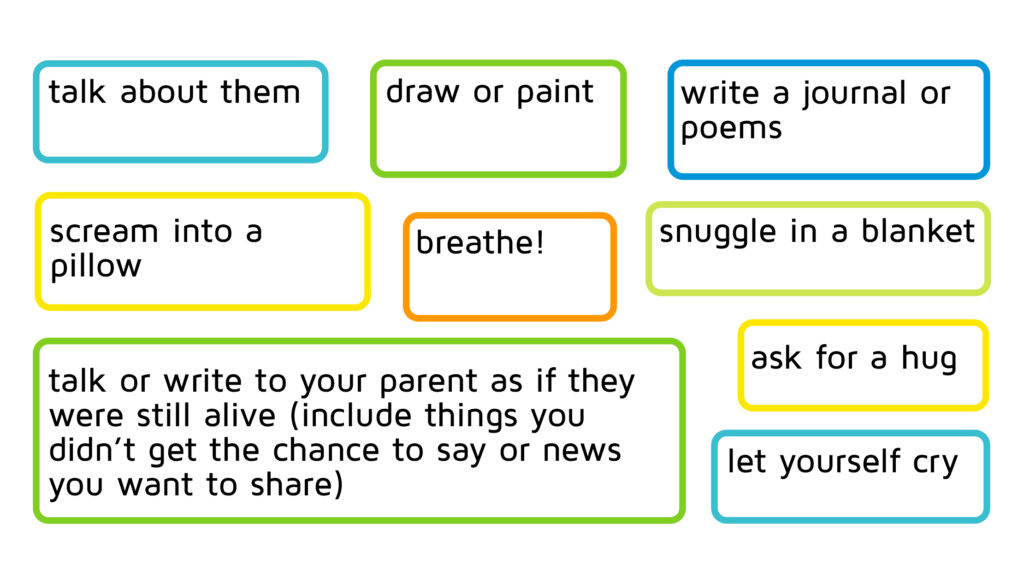
Talk to someone you trust
Talking can help you feel better. It is OK to ask questions if you have them. Maybe you have a friend, teacher, family member or someone else you could talk to. You can always talk to us at Nacoa.
Look after yourself
Try to keep doing things that keep you well, like eating healthily and and getting enough sleep.
“Every day I think about my mum. I miss her so much and wish she were here. As I’ve got older I have learned that it is ok to talk about my feelings and remember the happy times that we had. She wouldn’t want me to be sad and she did love me.”
Nicky
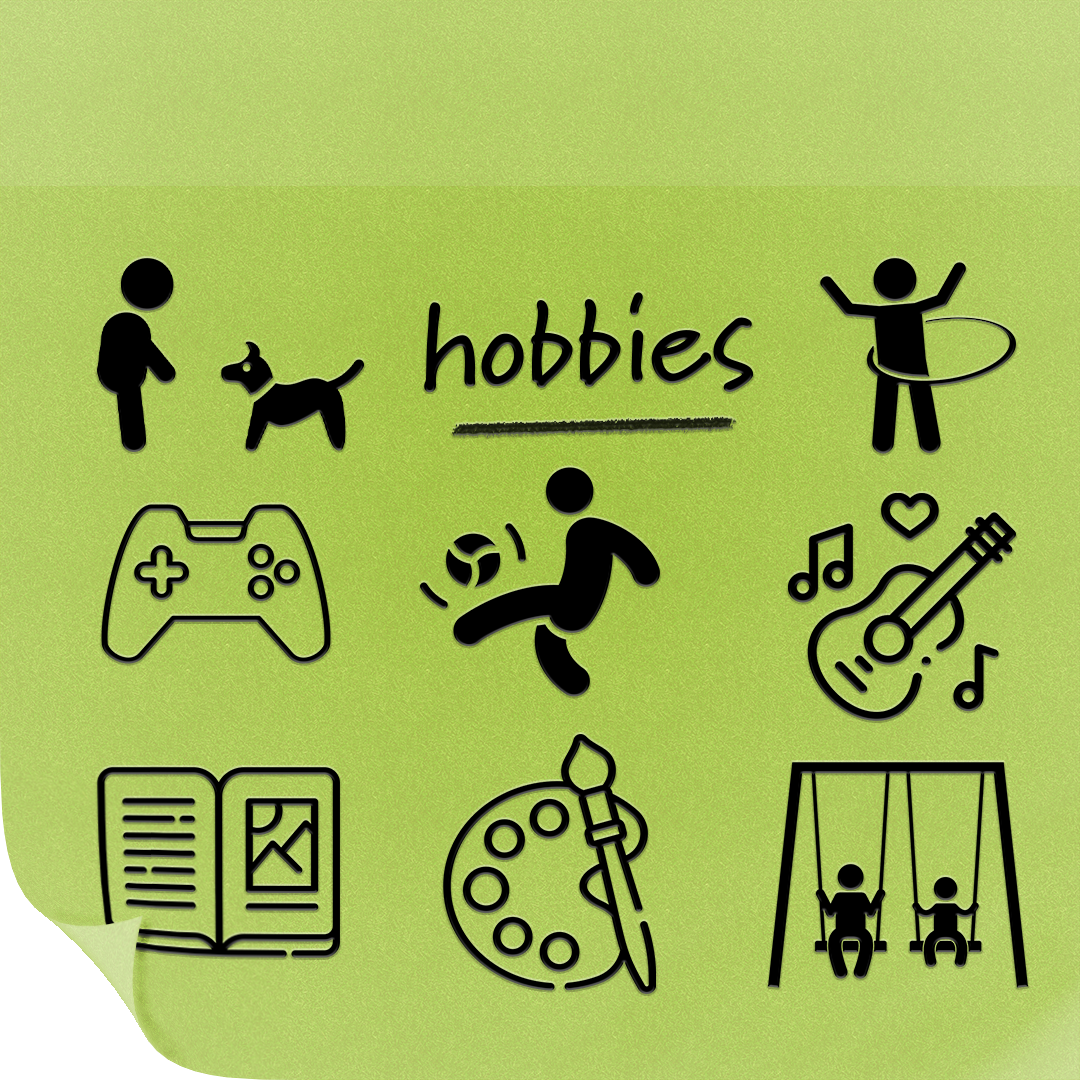
Keep doing things you enjoy
Sometimes grief can take over. Taking a break can help. Having fun doesn’t mean you’ve forgotten about your mum or dad.
Find time for activities you like, whether it’s sports or hobbies, going for a walk, watching TV or gaming, hanging out with a pet, or meeting up with friends.
Find ways to remember your parent
Share memories of your mum or dad (both positive and negative). Some people make a memory box of items that remind them of their parent, or perhaps create a photo album or playlist of songs.
Plan for key dates
Dates like birthdays or anniversaries of their death might be difficult. Perhaps create a tradition like lighting a candle, eating a special meal, or watching a particular film.
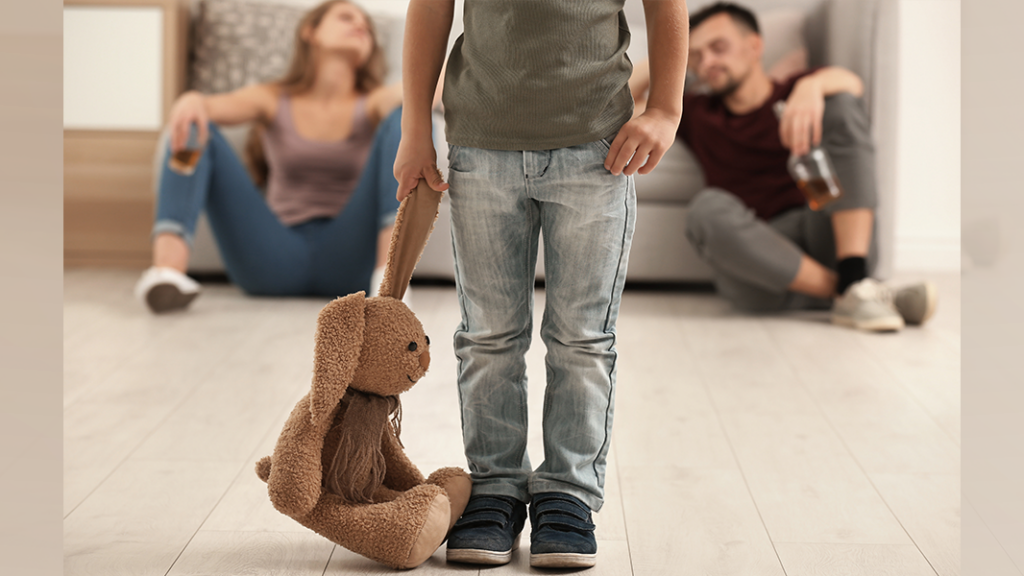
Find out more about alcohol and the effects on the family
When someone has an alcohol problem, the need to drink becomes so important that they may hurt or upset people they love.
Understanding how alcohol affects the person drinking and others around them can help you make sense of your situation.
“Grieving for her was as much about understanding her alcoholism as it was about coming to terms with losing her.”
James
Hear from people in similar situations
Seeing what it’s like for other young people can help you feel less alone. Read experiences, talk online on the Nacoa message boards, or see other support below.
Be kind to yourself
There’s no right or wrong way to be when a parent dies and no set amount of time to grieve.
Some days will be easier than others. You can learn to live with grief and find things to look forward to again.
“My dad’s drinking had a great effect on our family. He died when I was 19 and I blamed myself for this all my life. Then I heard about Nacoa. It took a simple phone call to get in touch and they have been nothing but helpful and kind. I can now openly speak about my past and deal with my emotions and feelings.”
Jordan
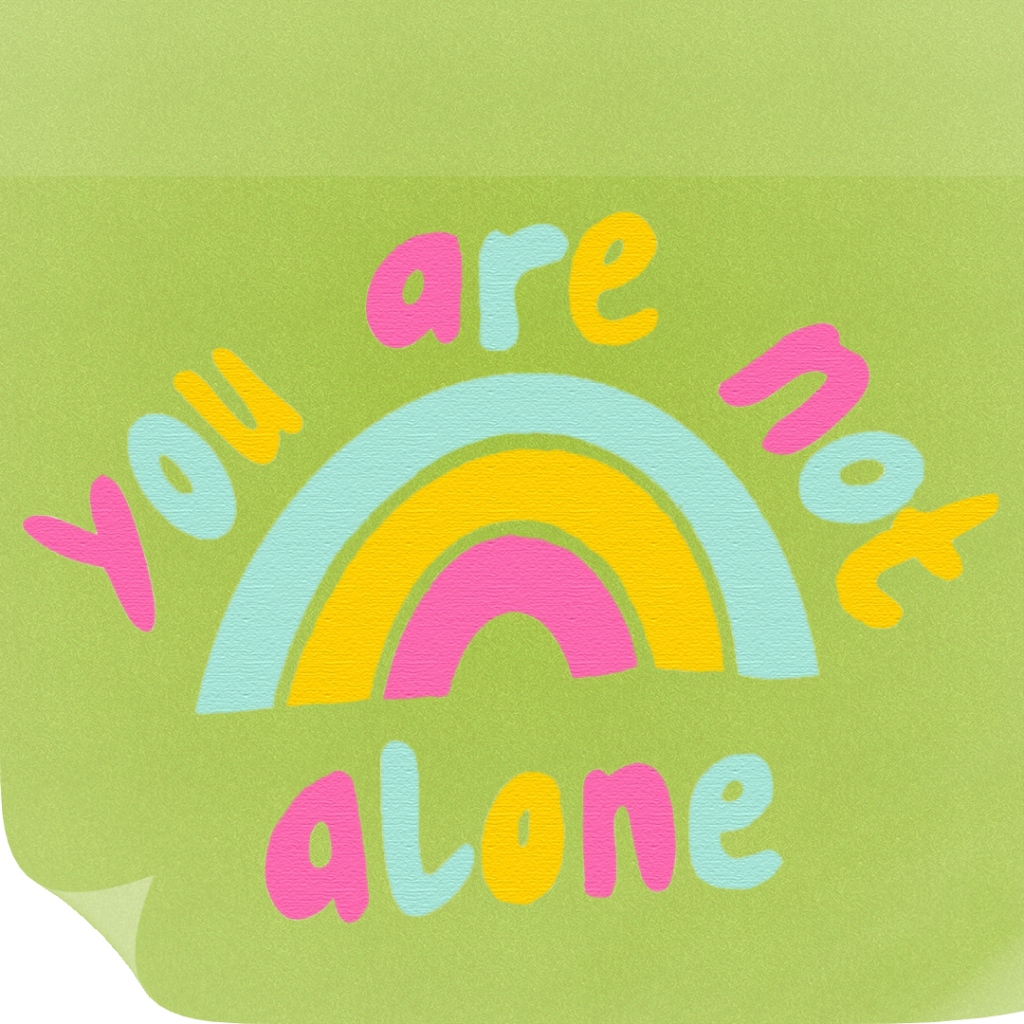
Other sources of support
- Adult Children of Alcoholics & Dysfunctional Families
- Al-Anon Family Groups
- Apart of Me
- Child Bereavement UK
- Cruse
- DrugFAM
- Griefcast
- Grief Encounter
- The Good Grief Trust
- Scottish Families Affected by Alcohol & Drugs
- Suicide & co
- Survivors of Bereavement by Suicide
- Winston’s Wish
Jess’s father was a friendly, intelligent and funny man. He also drank a lot. Jess wrote this letter soon after he died and shares it here to help others know they are not alone.

















































































